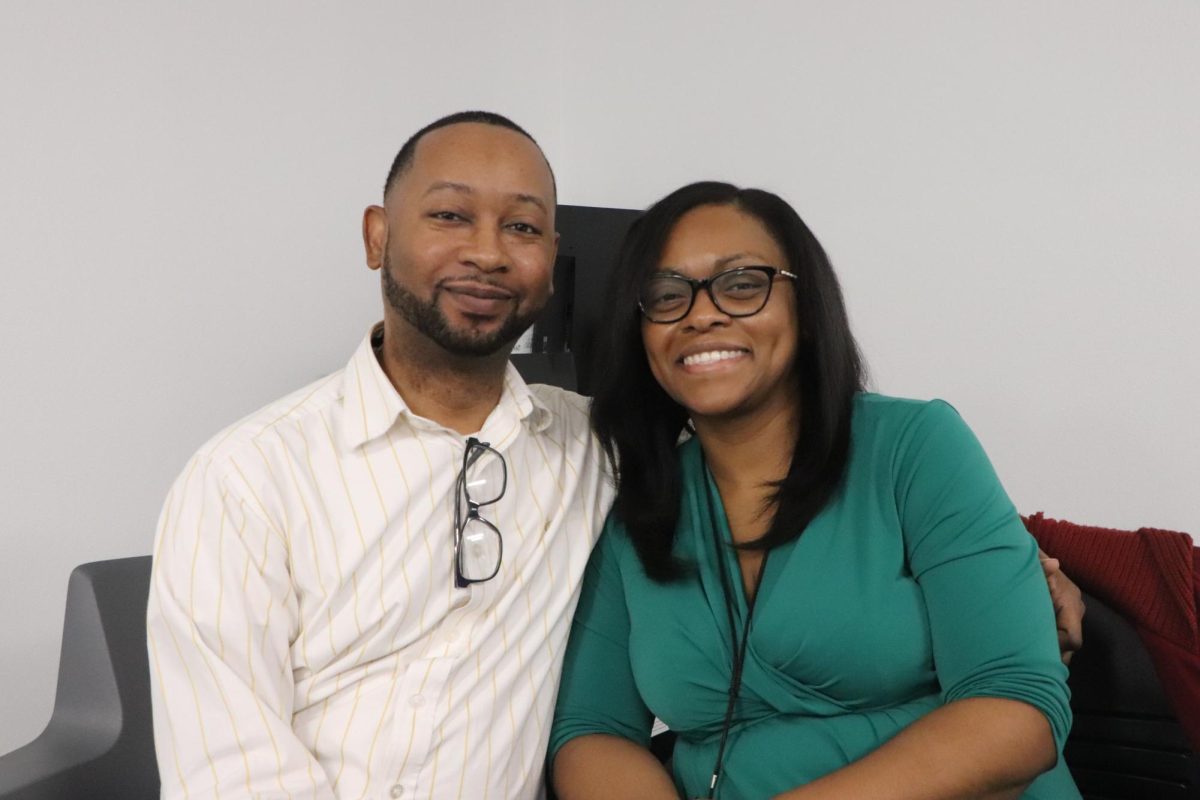As December rolls around, an unmistakable buzz fills the air: the holidays are here. Twinkling lights, festive songs, and the promise of gifts dominate the scene. But for many, the sheer weight of Christmas can overshadow other important occasions that fall in the same month, particularly birthdays and the wide variety of cultural and religious holidays in the winter season.
The dominance of Christmas isn’t just a modern problem; it’s the result of years of cultural and commercial buildup. As the holiday season approaches, retail stores and media outlets prioritize Christmas, showering shoppers with advertisements, sales, and promotions. From mid-November until the end of the year, it seems like Christmas is everywhere. In some families and communities, Christmas season festivities start as early as Thanksgiving. This early buildup makes it hard for other holidays, like Hanukkah or Kwanzaa, to get their due recognition.
Hanukkah, which falls on different dates each year based on the Hebrew calendar, can sometimes be lost in the scramble for Christmas shopping and holiday parties. Similarly, Kwanzaa, which runs from December 26 to January 1, frequently struggles to compete with Christmas’s overwhelming cultural presence.
Beyond religious or cultural observances, Christmas also overshadows birthdays that occur in late December. Imagine celebrating your birthday on December 24 or December 25 only to find that the attention, energy and excitement are focused on Christmas festivities. December birthday celebrations may be canceled or combined with Christmas plans. People with December birthdays may feel as if their special day is secondary or even insignificant compared to the global spectacle that Christmas has become.
The point is not that Christmas isn’t a significant holiday; for many, it holds deep religious, familial, and cultural meaning. However, the commercialization of the holiday has turned it into something that overtakes everything in its path. The relentless push for early holiday shopping, the dominance of Christmas-themed media, and the pressure to participate in “Christmas cheer” make it difficult for other holidays and birthdays to hold their own.
To level the playing field, it’s important to acknowledge and respect the diversity of celebrations that occur around the same time.Families and communities can make an effort to give equal attention to Hanukkah, Kwanzaa, or other cultural observances, allowing space for people to honor their traditions and beliefs. As for December birthdays, it’s essential to remember that birthdays are personal milestones that deserve recognition, no matter the time of year.
Ultimately, the holiday season should be about inclusivity, not overshadowing one celebration in favor of another. By embracing the full spectrum of traditions and celebrations, we can create a more balanced, respectful, and meaningful holiday season for everyone, regardless of which holiday they celebrate.









